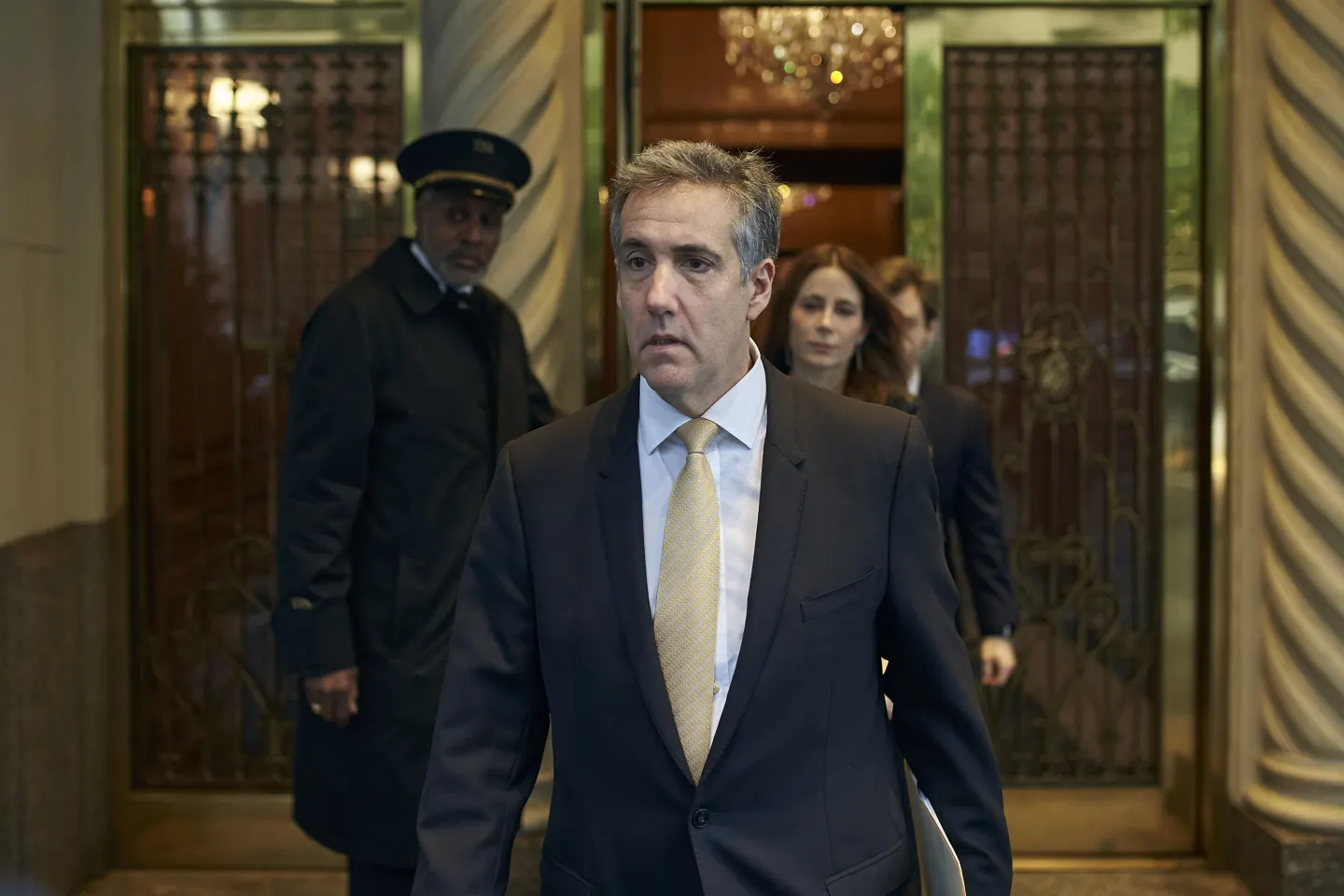President Cyril Ramaphosa pictured at the signing of BELA into law at Union Buildings on 13 September 2024 in Pretoria. (Frennie Shivambu/Gallo Images)
- President Cyril Ramaphosa has acknowledged an agreement on the BELA Act by Minister of Basic Education Siviwe Gwarube and the Solidarity union, but clarified it doesn’t affect discussions on contentious sections.
- Gwarube reached an agreement with Solidarity regarding two suspended clauses in the BELA Act.
- Deputy President Mashatile distanced himself from the Solidarity agreement, emphasising it wasn’t part of sanctioned Government of National Unity processes.
President Cyril Ramaphosa has acknowledged the agreement reached between the Minister of Basic Education Siviwe Gwarube and trade union Solidarity regarding the Basic Education Laws Amendment Act (BELA), but said this had little impact on ongoing discussions.
During the public signing, Ramaphosa delayed the implementation of sections 4 and 5 by three months to allow time for discussions on the contentious matters of admission and language policy.
On 28 November, Gwarube announced an agreement with Solidarity concerning her powers and responsibilities in implementing the BELA Act.
On Saturday, News24 reported Gwarube clarified that Solidarity’s process at the National Economic Development and Labour Council (Nedlac) is not a substitute for the ongoing consultations by the Government of National Unity (GNU).
The obstacles – sections 4 (d) and (f) and 5 (c) – sparked objections from a slew of organisations – including, among others, the DA, AfriForum, Suid-Afrikaanse Onderwysunie (SAOU) and the Federation of Governing Bodies of South African Schools (Fedsas).
These clauses were temporarily put on hold by Ramaphosa, who allowed the parties within the GNU a three-month consultation period, which ends on 13 December.
The clauses stated that a school governing body must submit the language and admissions policy of a public school and any amendment to the provincial education’s head of department for approval.
The President’s spokesperson, Vincent Magwenya, clarified that despite the settlement announced by Gwarube, the agreement does not impact the ongoing multiparty discussions about sections 4 and 5.
“The agreement bears no influence on the President’s powers to ultimately take a decision regarding the commencement of the act. President Ramaphosa reiterates his commitment to the undertaking he made when he signed the bill on 13 September 2024 to give the parties three months to submit proposals on sections 4 and 5. The President therefore awaits the outcome of those deliberations.”
Magwenya emphasised that the BELA Act, having passed, is now law.
“The Minister of Basic Education must work towards its implementation, apart from sections 4 and 5.
“The next step is for the President to determine the date of commencement and for the necessary regulations to be finalised. This will be done without undue delay. The President is bound by the Constitution and the law and remains steadfast in ensuring transformation in the education sector for the benefit of present and future generations of learners,” Magwenya said.
The settlement
Gwarube had brokered a settlement with Solidarity regarding two suspended clauses in the BELA Act opposed by President Ramaphosa.
However, Deputy President Paul Mashatile distanced himself from the agreement, asserting through a statement that his office was unaware of it prior to now and clarifying that it wasn’t part of the sanctioned GNU processes.
Keith Khoza, Mashatile’s acting spokesperson said: “According to the statement [issued by Solidarity], only one party from the GNU would have been involved in a parallel process to the one sanctioned by the GNU parties and signatories of the statement of intent.”
The ANC supported Mashatile’s clarification while criticising the DA for bypassing established processes.
Gwarube’s spokesperson, Lukhanyo Vangqa, explained that Solidarity had initiated a legal dispute through Nedlac on 1 October to authorise a protest against sections 4 and 5 of the BELA Act, naming both the minister and the Presidency as respondents.
Vangqa stated:
It is essential to note the process instituted by Solidarity at Nedlac is a legal process designed to resolve disputes between labour and government and should not be confused as a substitution for the consultations that are currently under way between the parties within the GNU.
He added that a dispute settlement was reached after weeks of discussions involving Solidarity, the minister, and the Presidency at Nedlac.









